HERI supports women in science studying our human origins
The Human Evolution Research Institute (HERI) at the University of Cape Town (UCT) will hold its second women’s field camp on Women’s Day weekend to support those studying our human origins.
The first camp of its kind, it is designed to give young South African women studying geology and archaeology an experience in the field that will help keep them in science.
“Our goal is to create a safe space for young women, not just to learn, but to realise the value they can bring to science, so those who are drawn to a career in research and academia are motivated toward success,” says HERI Co-director Dr Robyn Pickering.
Held at the West Coast Fossil Park from 5-7 August, the camp brings together an all women group of about 50 undergraduates, postgraduates, and senior academics from the departments of Archaeology and Geological Sciences at UCT.
“This is an opportunity for young women to learn the basics of fieldwork without the pressures of marks,” says Pickering.
“Without any men around, we are also free of the hierarchy, bias and harassment that are present during many mixed-gender field schools.”
The camps are one of the ways in which HERI aims to support a new generation of young South African women in palaeoscience, a field of science that includes geology and archaeology and aims to tell the story of human origins.
Developing expertise in this area is important for South Africa, a region with a rich fossil heritage. This includes the Cradle of Humankind which is home to nearly 40% of all known human ancestor fossils.
A lack of diversity in science is compounded by toxic field work experiences in this discipline. Field work is an essential part of palaeoscience, and requires being in remote locations, often overnight in rustic conditions, with little supervision.
Women in South Africa and elsewhere have reported experiencing harassment, gender bias, and even sexual assault while embarking on field work. Some of this is documented in research called the SAFE study, which revealed 71% of women surveyed had experienced harassment in the field, and 26% had experienced assault. The majority of these incidents were reported by students.
“Not only do our young women have few role models in leadership positions in the palaeosciences in South Africa who look like them, but they also put themselves at serious risk by taking part in a central aspect of the discipline,” says Professor Rebecca Ackermann, Co-director of HERI and past deputy dean for transformation in the UCT Faculty of Science.
The HERI field camp aims to overcome this by focussing on confidence building and skills-development. Giving women two field-based exercises with female instructors, the goal is to create familiarity with field work without male influence or the stress of earning good grades.
“This is important because a field setting with a toxically competitive atmosphere is not conducive to learning and students, particularly women, get put off,” says Ackermann.
Recognising that some students may not know what equipment is needed on a field camp or have access to it, HERI has established a store of field items that are available for women to borrow.
While this isn’t unique to HERI, Pickering says its hosting of the equipment is more equitable than other major field camps which offer supplies. “There is no judgement around why a woman doesn’t have what she needs, it is simply supplied.”
The camp will also host a sexual harassment workshop overseen by Ackermann. A session where women can share experiences, learnings, and concerns about harassment in the field, it prepares women for what they may encounter to ensure a pipeline of safety and accountability.
This is the second women’s field camp from HERI, after being delayed due to the COVID-19 pandemic. The first, held in 2019, was a hugely successful venture both for delivering on its aims and inspiring women students.
“The camp was a really informative and safe space which raised awareness around issues that might not be so apparent, but affect women in science,” said one student who attended that camp.
“It was inclusive and had the effect of boosting confidence for me within the discipline and knowing that my rights are protected.”
